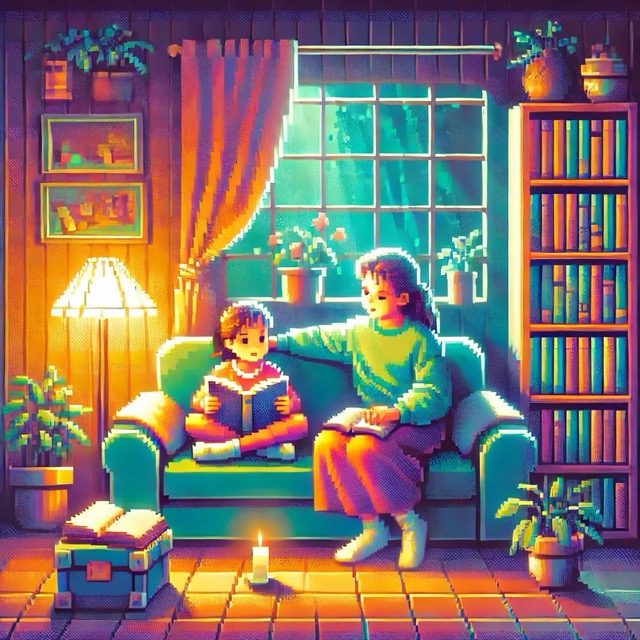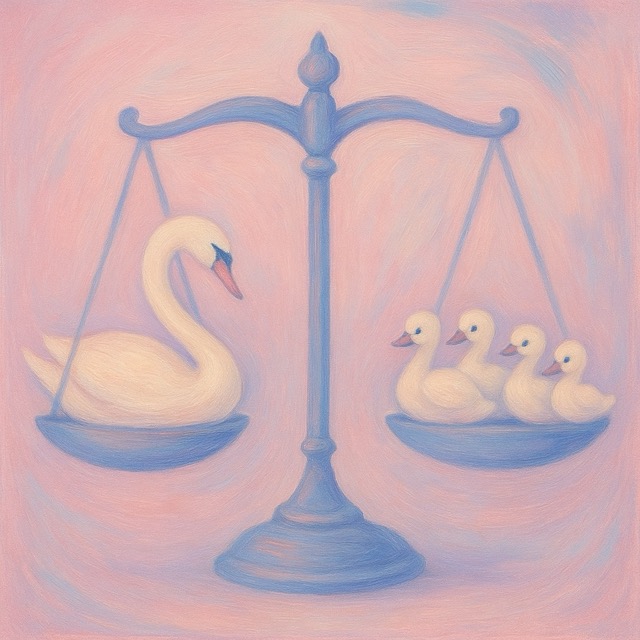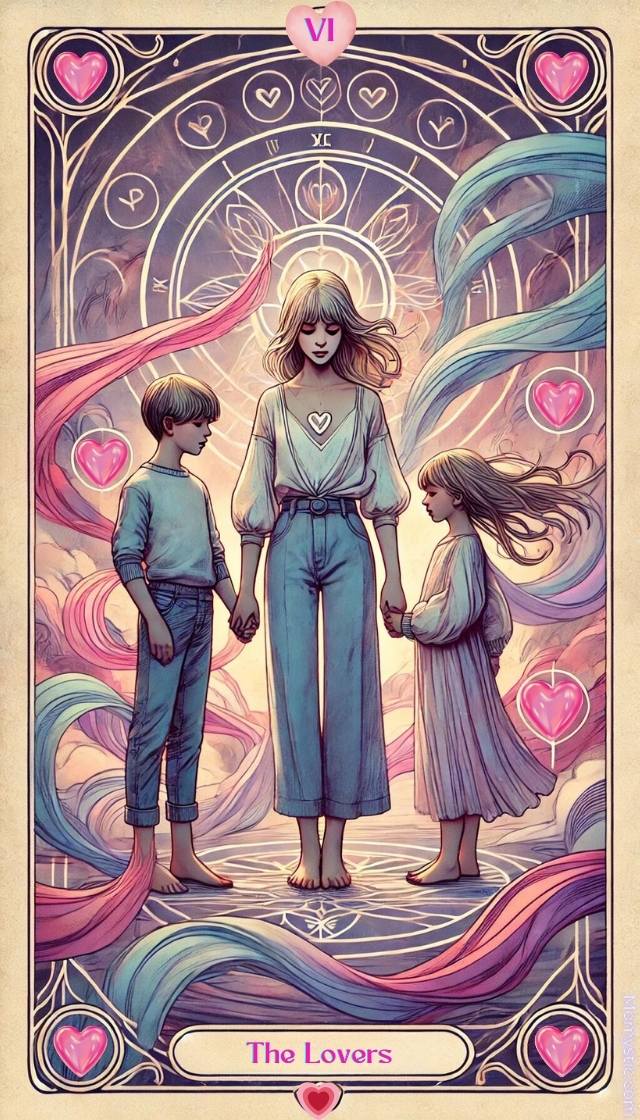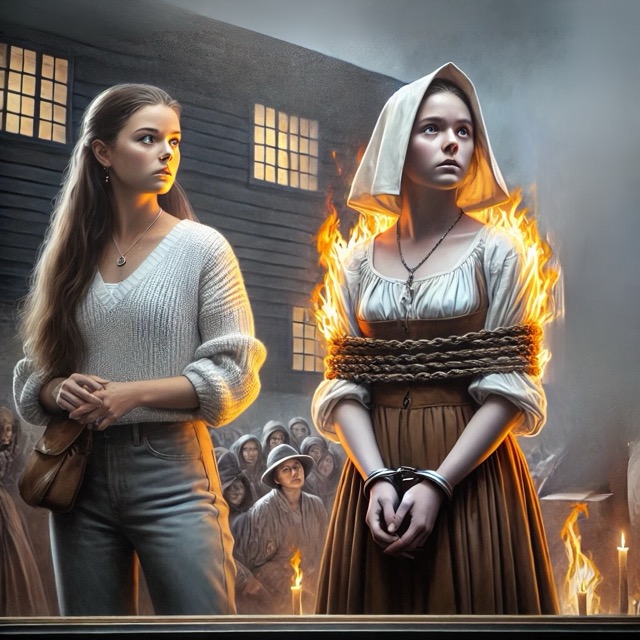I Paid My Daughter Robux to Read Jung: Here’s What Happened

The Struggle to Get Kids to Read
Let’s face it, getting your kids to read can sometimes feel like pulling teeth. They’re bored by the same old books, they’d rather be on their tablets, and you’re left wondering if they’ll ever love the written word. But what if I told you there was a way to not only get your kids to read but also make it the most enlightening part of your day? Welcome to the groundbreaking, totally-not-sarcastic parenting hack of having your kids read profound or transformative literature, such as Jungian psychology, sociology, or child development books to you—and yes, you can pay them per page if needed.

The Parenting Hack You Didn’t Know You Needed
Here’s how it works: Let’s say it’s late at night, and your child is struggling to fall asleep. You’re exhausted, but you know that a soothing bedtime activity might help. Instead of reaching for another bland bedtime story, you grab the nearest book on your nightstand. In my case, that book was James Hollis’s In Search of the Magical Other, a profound Jungian exploration of relationships, childhood wounding, and why no one can be your savior but yourself. (Light reading, right?)
I handed the book to my 10-year-old daughter and asked her to read it aloud to me. To my surprise, she not only agreed but also dove into the dense material like a pro. Five pages in, she paused and said, “This is exactly what I was thinking about… like when parents fight.” Boom. Synchronistic parenting moment achieved. She wasn’t just reading; she was relating. And guess what? She wanted to keep going.
Why Jungian Psychology Works for Kids
Now, I’m not saying your kid is going to wake up tomorrow begging to read Carl Jung or Simone de Beauvoir, but I am saying that kids are far more connected to symbolism and primal source energy than we give them credit for. Concepts like “self-discovery” and “societal roles” resonate with them in ways we can’t always predict. Plus, those big, intimidating words? They’re just opportunities for you to pause and explain. What’s “gender inequity”? What does “archetype” mean? Suddenly, you’re not just reading—you’re learning together.
Making Reading Fun: Incentives and Rewards
And if your kid needs a little extra incentive to participate, consider turning this into a fun gig. Pay them 25 cents a page, or offer alternative currencies like Robux, extra YouTube time, or whatever their current favorite reward might be. Think of it as your personal, customizable audiobook subscription. You’re already shelling out for Audible; why not invest in your child’s language skills and worldview instead? Bonus: You might even save a few bucks while expanding both you and your child’s perspective on the world.
Book Recommendations for Kids Reading Aloud
Here are some book suggestions to kickstart this revolutionary parenting hack:
The Interpretation of Fairy Tales by Marie-Louise von Franz – A deep dive into the symbolic meanings of fairy tales, perfect for sparking a child’s imagination and interest in universal themes.
Primitive Mythology by Joseph Campbell – A fascinating look at ancient myths that connects kids (and parents) to the roots of storytelling. The chapter “The Spontaneous Animism of Childhood” explores how children instinctively see the world through symbols and imagination.
In Search of the Magical Other by James Hollis – Perfect for exploring why relationships often leave us disappointed and how the true “magical other” is within.
The Second Sex by Simone de Beauvoir – A must-read for boys and girls alike to understand feminism and the construction of gender roles.
Man and His Symbols by Carl Jung – A fascinating dive into archetypes and the collective unconscious that even kids can find intriguing.
The Feminine Mystique by Betty Friedan – Spark conversations about societal expectations and individuality.
Child Psychology and Development For Dummies – A straightforward introduction to understanding how kids grow and learn.
The Explosive Child by Ross W. Greene – Great for helping kids and parents understand emotional regulation and challenging behaviors.
The Book You Wish Your Parents Had Read (and Your Children Will Be Glad That You Did) by Philippa Perry – A compassionate take on parenting and relationships.
The Whole-Brain Child by Daniel J. Siegel and Tina Payne Bryson – A practical guide to nurturing kids’ developing minds and fostering connection.
Flipping the Script on Learning
The beauty of this approach is that it flips the script on learning. Your child becomes the teacher, and you become the student. They get to practice reading aloud, build their vocabulary, and engage with ideas they might not encounter in school. Meanwhile, you get to relax, listen, and maybe even gain some wisdom from the mouth of babes.
So, the next time your child is bored, can’t sleep, or just needs a nudge toward reading, hand them a book you’d never expect a kid to read. Trust me, it’s an experience neither of you will forget—and one that just might change how you both see the world.





Responses